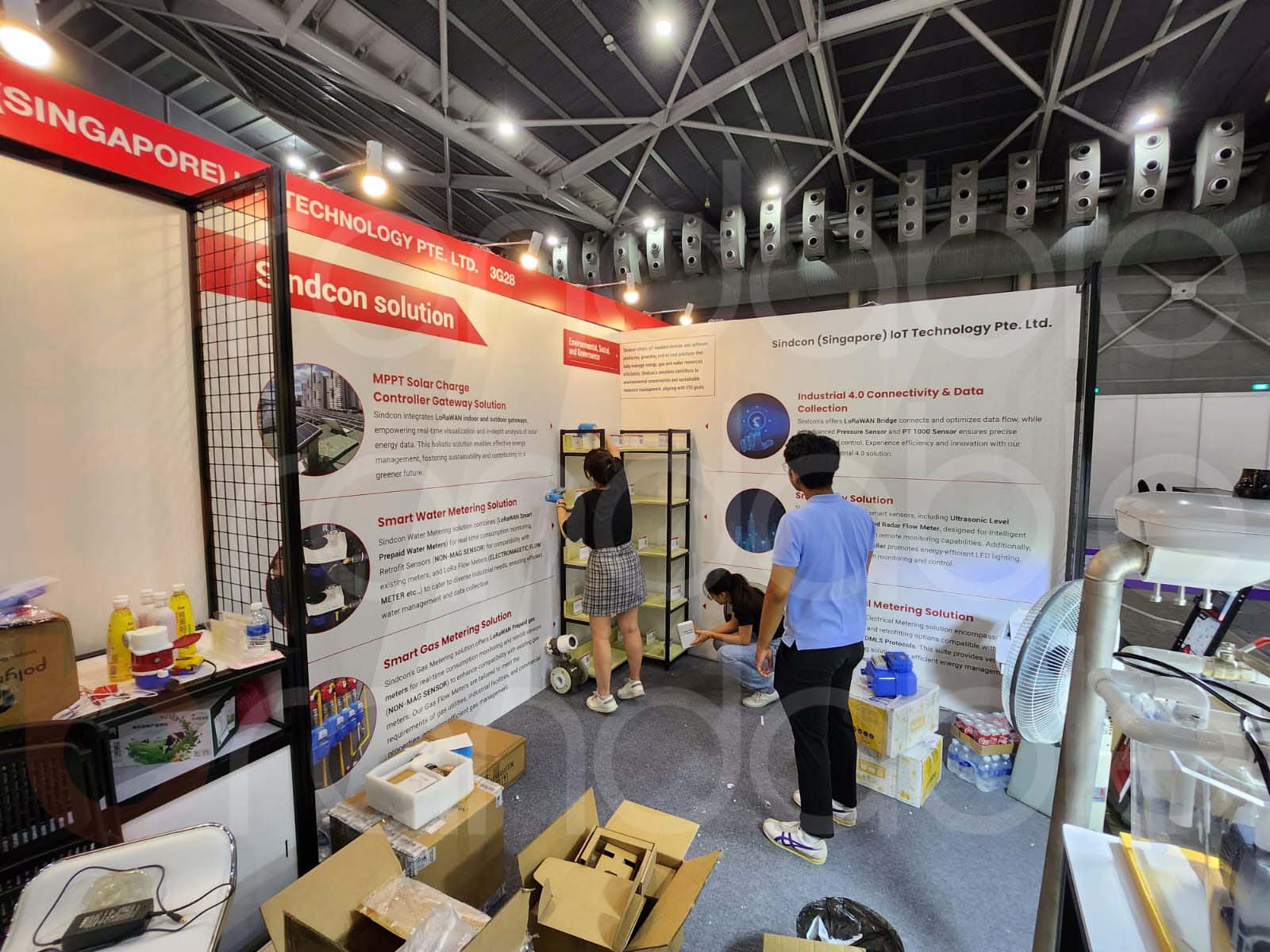Organizing an event on your own can quickly become overwhelming due to the number of vendors, logistics, and stakeholders involved. One effective solution is to partner with event management professionals who specialize in handling every detail, easing your workload. But how exactly do they achieve this, and what does event management entail?
What is Event Management?
Event management encompasses the planning, organizing, and coordination of both formal events (such as business meetings, award ceremonies, conferences) and informal gatherings (like weddings, parties, and concerts). These processes are typically managed by skilled event managers, who take on the responsibility of overseeing all the critical elements required to ensure a smooth event.
From catering to music selection, decorations, and venue arrangements, event managers handle every aspect of the event. If desired, you can also collaborate with them by managing certain aspects yourself, while they handle the rest.
What Does Event Management Involve?
Managing an event goes far beyond simple organization. Event managers work closely with clients to bring their vision to life, offering innovative solutions that meet specific requirements. Their responsibilities include:
- Budgeting and Finance: Managing the client’s budget while delivering optimal results.
- Logistics: Ensuring smooth transportation and delivery coordination.
- Hiring and Managing Vendors: Coordinating with service providers such as caterers, decorators, and entertainers.
- Guest Management: Overseeing invitations, RSVPs, and accommodations.
- Event Design and Decorations: Creating visual themes that align with the event’s goals.
- Security and Emergency Planning: Ensuring guest safety and preparedness for any emergencies.
- Parking Arrangements: Organizing parking logistics to avoid congestion.
Event management is especially beneficial for large-scale or complex events that require significant coordination and technical expertise. Two major categories of events that benefit from professional management are Corporate Events and Festive Events.
Corporate Events
Corporate events are typically designed to enhance business relationships or share key information. These may include conferences, trade shows, product launches, company parties, award ceremonies, and seminars. The goals often focus on fostering collaboration, promoting products or services, or cultivating internal culture.
Festive Events
Festive events are generally more informal, offering greater flexibility and opportunities for social interaction. They often have celebratory themes, ranging from weddings and festivals to sports competitions and concerts.
Key Qualities of a Good Event Management Company
Choosing the right event management company can make or break your event. To ensure you select the best partner, consider the following qualities:
- Expertise: Look for professionals with a proven track record in your industry or event type. Checking their portfolio and reading reviews from past clients can offer valuable insights.
- Attention to Detail: A great event management company pays meticulous attention to every aspect of your event to ensure your vision is perfectly executed.
- Strong Vendor Relationships: Top event management firms collaborate with the best vendors, including caterers, entertainers, and security personnel.
- Customer-Centric Approach: Your preferences should be the priority, with the company working to meet your goals within your timeline.
- Efficient Management: Good event managers are skilled at budgeting, time management, and improvisation to deliver results even under tight deadlines.
The Role of Event Management Professionals
Event managers play a pivotal role in ensuring your event runs smoothly. Their responsibilities may include:
- Coordination of Service Providers: Ensuring that catering, entertainment, and other services are seamlessly integrated.
- Security and Risk Management: Managing safety protocols and crowd control.
- Publicity and Promotion: Handling media outreach and advertising through influencers and journalists.
- Licenses and Permits: Ensuring all necessary permits are in place.
- Post-Event Management: Overseeing cleanup, vendor payments, and gathering feedback.
Related Questions
- What is the Most Important Aspect of Managing an Event? Proper event planning is the foundation of a successful event. Without adequate preparation, even the best ideas may fall flat.
- What is the Most Challenging Aspect of Managing an Event? Budget management is often the most challenging aspect, followed by logistical concerns like weather, staffing, and guest attendance.
Conclusion
Successfully executing an event involves careful planning, organization, and teamwork. This is where an experienced event management company like Brandable SG can be invaluable. We manage everything from initial planning to final execution, ensuring your event is a seamless and memorable experience.
Let Brandable SG take care of the details, so you can focus on enjoying your event. With years of experience and a dedicated team, we’re here to make your next event a success.
For more information, contact us at:
Brandable SG
Phone: +65 3129 8005
Address: 10 Ubi Crescent, Ubi Techpark, Lobby B #01-21 Singapore 408564
Email: support@brandable.com.sg






